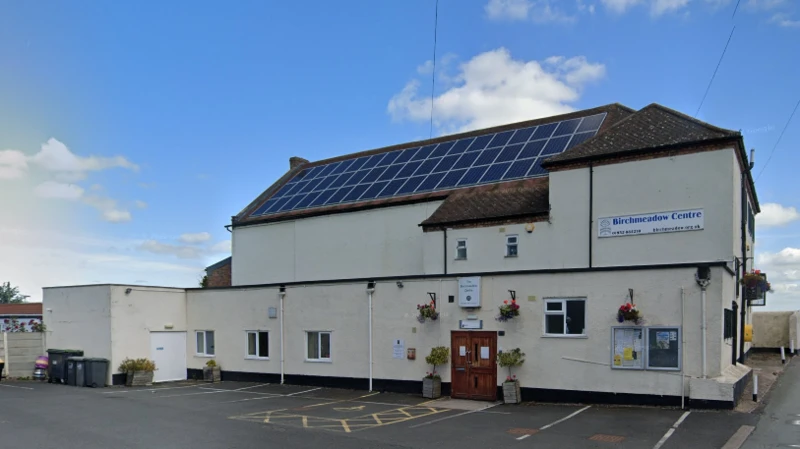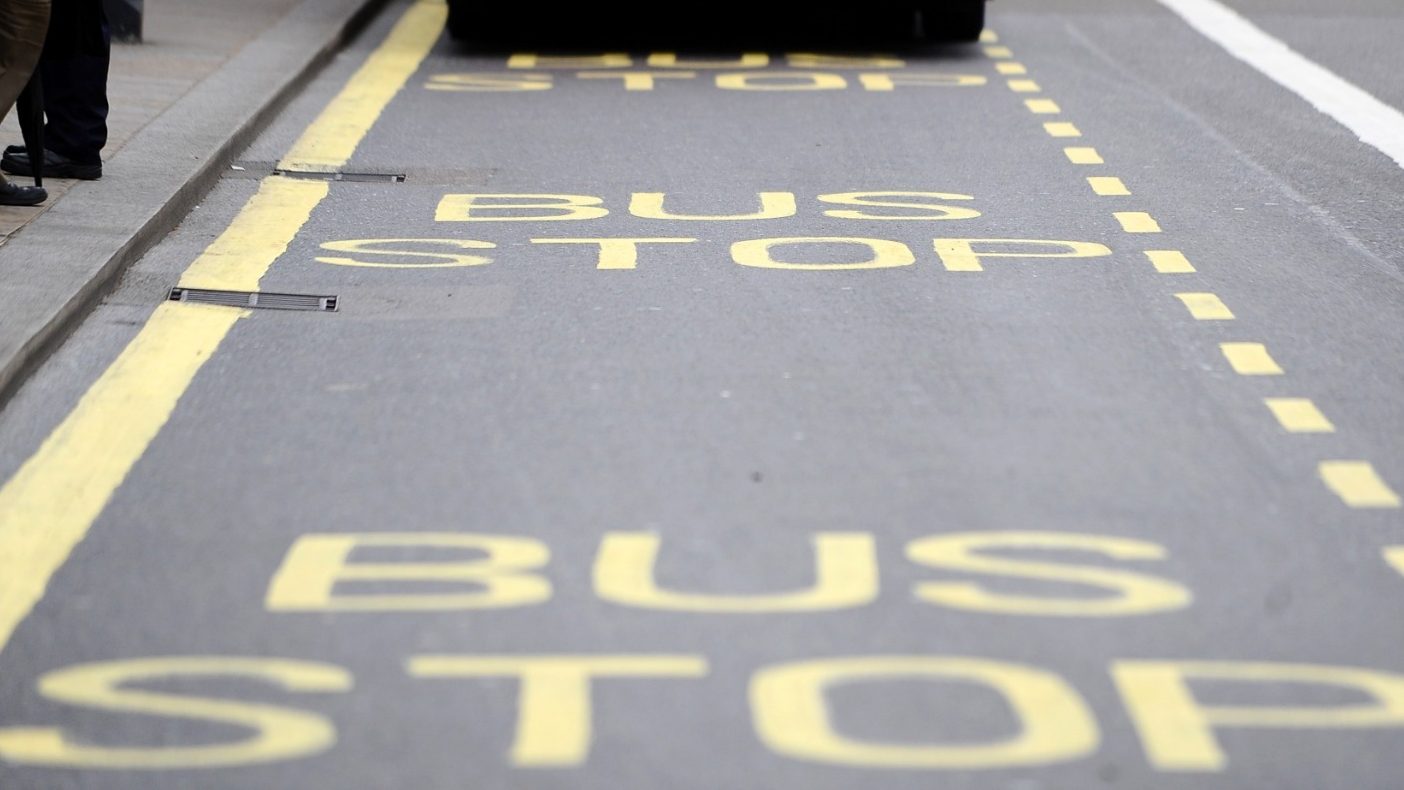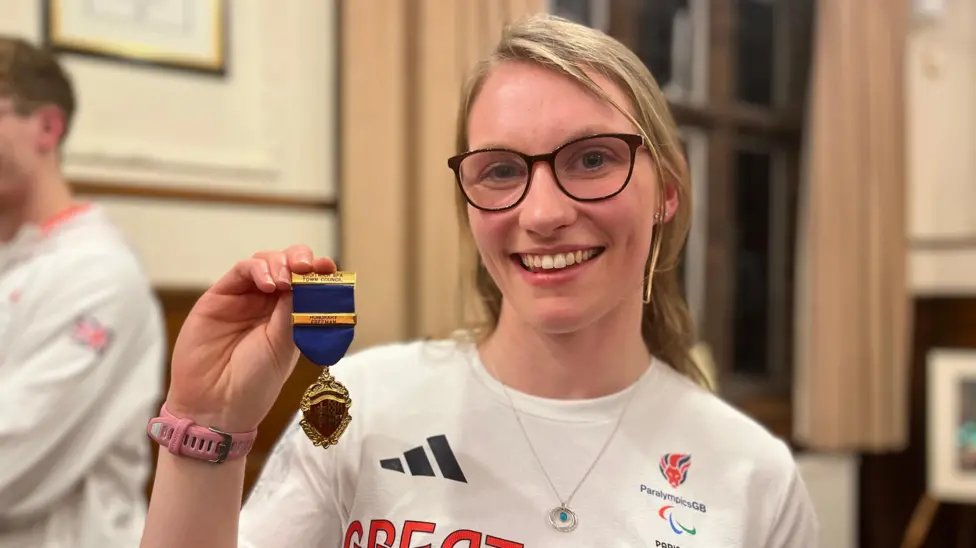The Broseley Film Festival is offering a timetable of movies across three days, along with free food between showings.
It is one of a number of new festivals announced during the last 12 months, including a multi-venue indie music event in Wolverhampton, and a 10-day celebration of Herefordshire’s history.
But with several events in the region also being cancelled, why are they so hard to do, and what makes a good festival?
“The ingredient, I guess, is putting yourself in your customer’s shoes and really seeing what they would like to do,” said Beth Heath, a director at Visit Shropshire.
“If people have got a hobby and they’re properly passionate about it… you want to go and hang out with other people who are into the same thing.”
This is evident in the success of Wolverhampton Literature Festival, an event which started in 2014 and which last year saw thousands flocking to the city.
The shared love of film and being around others who have an interest in it is a driving force for Broseley Film Festival.
David Bowgett, the festival’s chair, said he thought it was important people get together and watch films.
“I know you can sit at home and watch them on Netflix, but it’s not the same as watching them with lots of other people around you on the big screen,” he said.
Attendees can choose from six films running at the community cinema from 21 February to 23 February, including Guardians of the Galaxy Vol. 3 and The Quiet Girl, which is running in both Gaelic and English
However, Mr Bowgett said the festival was partly only going ahead due to securing funding, and holding it again in the future would entirely depend on whether they could get the money.
The festival itself is free – so there’s no extra cash being made from tickets or the meals.
The bigger picture across the region is similar – often if funding is not there, events can struggle.
“The current climate is exceedingly hard for events, we see festivals going under all the time at the moment, there’s several that won’t ever come back,” said Ms Heath.
“Funding is desperately needed.”
In 2024, Nozstock, an independent, family-run music festival held in Herefordshire, ended after 26 years due to people not buying as many tickets as they used to.
In September, Birmingham Diwali Mela festival was cancelled when organisers faced a “funding freeze”.
Meanwhile, the new Herefordshire Histories Festival recieved financial backing to run.
Another way of making a festival a success was to diversify, Ms Heath said.
“I think you have to keep reinventing it, you can’t be complacent and sit back and say: ‘That worked last year’.
“People want to have value for money, they want to have memories, they want to have Instagram moments.”
Last year, Wolverhampton Literature Festival asked the public to directly inform organisers about what they wanted to see, while Leek Beer Festival in Staffordshire used a goddess statue to try and entice more women.
Public support for the festivals was vital, she said.
“If you don’t support local events, they will not be there.”
Chloe Hughes
BBC News, West Midlands
BBC Shropshire










